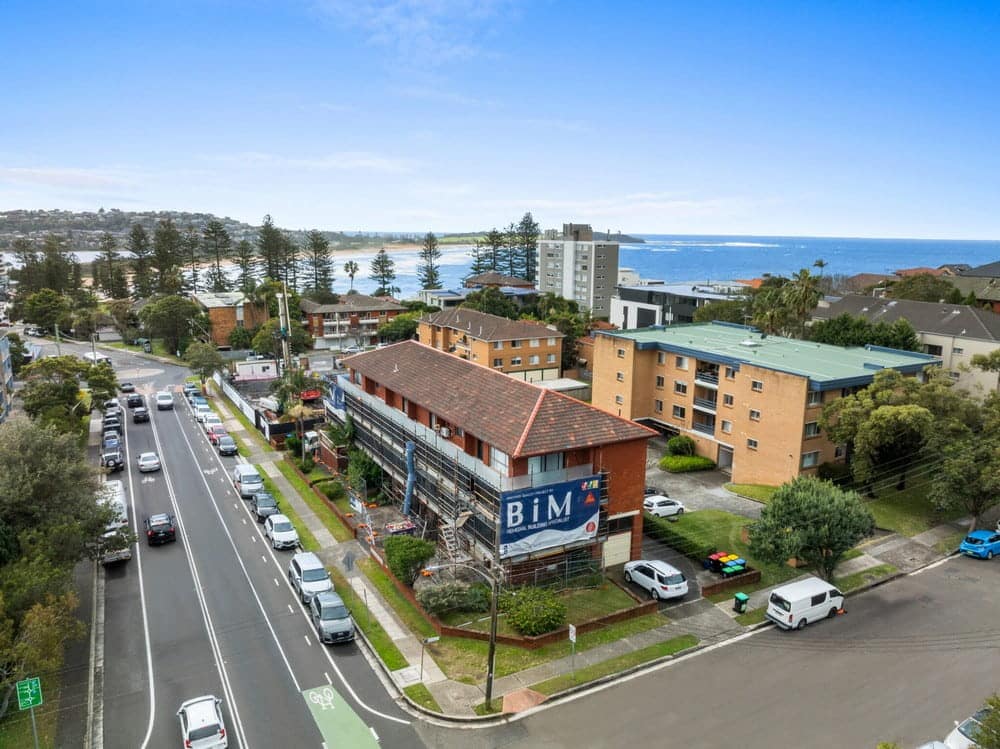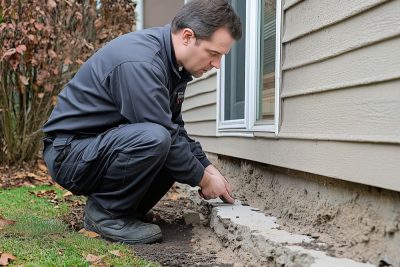
Strata property value isn’t determined by market forces alone—it’s also shaped by how well a building is cared for over time. Regular maintenance plays a crucial role in preserving both the physical condition and financial worth of a property. From preventing costly repairs to enhancing curb appeal, consistent upkeep can make a noticeable difference in how a strata community is perceived and valued. In this post, we’ll unpack why maintenance matters and how it can directly influence your investment’s long-term success.
The Link Between Maintenance and Property Value
Strata building maintenance has a direct impact on property value. Well-maintained buildings stay in better condition over time, which helps protect the investment of each owner. Regular upkeep prevents small issues from turning into expensive repairs. Clean common areas, working lights, and safe walkways all add to the appeal of the property. Buyers and renters are more likely to choose a building that looks cared for. Poor maintenance can lead to lower property values and unhappy residents. Keeping up with repairs and cleaning shows that the building is managed well. This builds trust and helps maintain strong property value.
Preventive Maintenance vs. Reactive Repairs
Preventive maintenance helps avoid problems before they become serious. It includes regular checks, cleaning, and small repairs. In many cases, this costs less than fixing major damage later. With good planning, strata building maintenance can be done in a way that saves money over time.
Reactive repairs happen only after something breaks or fails. These repairs are often urgent and more expensive. They can also cause stress for residents and lower the building’s image. A building that focuses on preventative care stays in better shape. This approach keeps the property running smoothly and protects its long-term value.
Common Areas: Why They Matter More Than You Think
Common areas like lobbies, hallways, gardens, and parking lots are shared by all residents. These spaces create the first impression for visitors and potential buyers. Clean and safe common areas show that the property is well looked after. As part of regular strata building maintenance, these spaces should be checked often.
Peeling paint, broken lights, or dirty floors can make the whole building seem neglected. Well-maintained common areas help residents feel proud of where they live. They also add to the value of each unit in the building. Taking care of shared spaces is a smart and important investment.
How Regular Inspections Protect Long-Term Value
Regular inspections help catch problems early, before they get worse or more expensive to fix. Small issues like leaks, cracks, or wear and tear can be spotted and repaired quickly. This helps avoid bigger damage to the building over time.
Inspections are an important part of good strata building maintenance because they keep the property in a safe and working condition. They also help the strata committee plan and budget for future repairs. Skipping inspections can lead to surprise costs and unhappy residents. By staying on top of maintenance, the building stays strong and its value is better protected in the long run.
The Financial Impact of Deferred Maintenance
Deferred maintenance means putting off repairs or regular upkeep. This may seem like a way to save money, but it often leads to bigger problems later. Small issues can grow into major damage that costs much more to fix. In strata buildings, delays in maintenance can affect all owners, not just one unit.
Poor strata building maintenance can also lead to lower property values and higher insurance costs. Buyers may avoid buildings with a history of neglect. Over time, the cost of fixing delayed issues is usually higher than doing regular maintenance. Ignoring problems now creates bigger bills in the future.
Curb Appeal and First Impressions in Strata Properties
Curb appeal is the first thing people notice about a strata property. A clean, well-kept exterior makes a strong first impression. Trimmed gardens, fresh paint, and tidy walkways show that the building is cared for. This helps attract buyers, renters, and even visitors.
A messy or worn-down entrance can make people think the inside is just as bad. First impressions matter because they affect how people feel about the property right away. Keeping the outside in good shape adds value and makes the whole building look more appealing and trustworthy.
Attracting Buyers and Renters Through Good Maintenance
Buyers and renters want homes that feel safe, clean, and well cared for. A well-maintained strata property stands out in the market. People are more likely to choose a place that shows clear signs of good upkeep. Strong strata building maintenance gives them confidence that the building is managed properly.
Clean common areas, working lights, and updated features all leave a good impression. Poor maintenance can raise concerns about hidden problems or future costs. A tidy, well-run building can lead to faster sales and higher rental demand. Taking care of the property helps attract the right people and keeps them satisfied.
Conclusion: Protecting Property Value Through Proactive Maintenance
Regular maintenance is one of the best ways to protect the value of a strata property. It keeps the building safe, clean, and in good working condition. Small repairs and regular checks help avoid large, expensive problems in the future.
Good strata building maintenance shows that the property is well managed and cared for. This builds trust with owners, renters, and potential buyers. Clean common areas, working systems, and a well-kept exterior all add to a building’s appeal.
Over time, proactive care leads to lower costs, happier residents, and stronger property values. Ignoring maintenance can lead to bigger bills, damage, and lower interest from buyers. Taking action early helps protect the investment of every owner in the building.
A well-maintained property is more likely to sell faster and for a better price. Strata committees, managers, and owners all play a role in keeping the building in top shape. In the long run, regular care always pays off.








